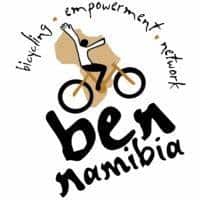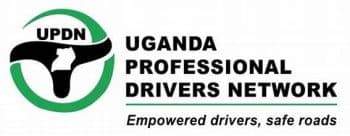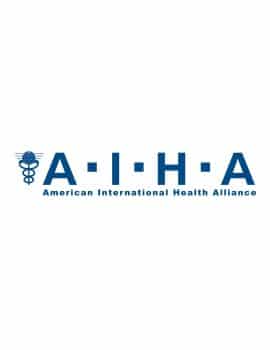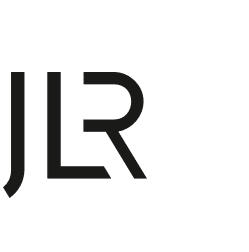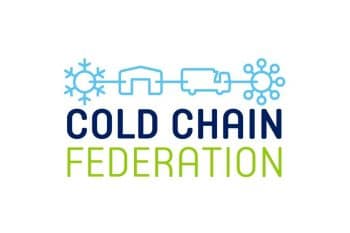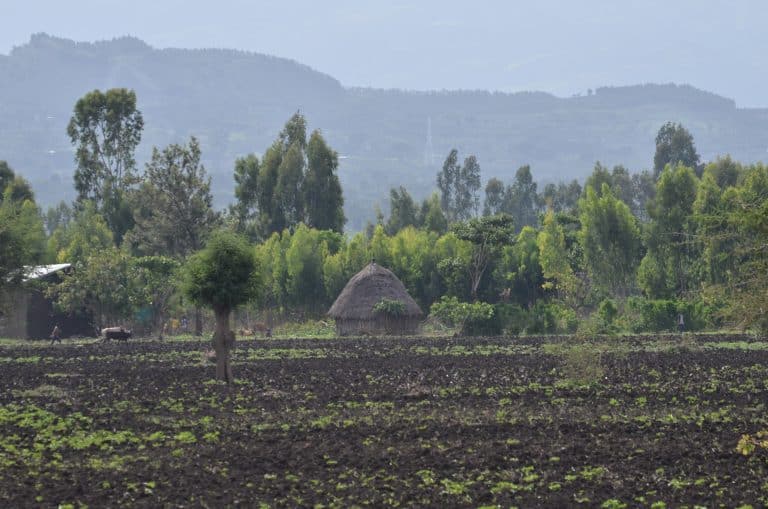
Our Programmes

Transaid helps facilitate transport workshop for Ugandan Cooperatives
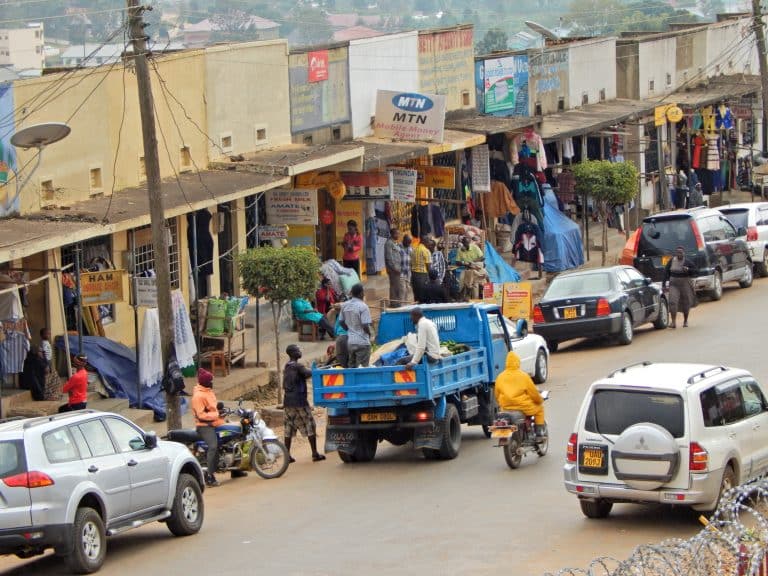
Transaid took part in a workshop funded by the International Labour Organisation (ILO) which brought 15 Ugandan Cooperatives together to share their experiences and challenges faced when accessing transport.
In Uganda, over 80% of the population is involved in agricultural production. However, only 34% of rural Africans live within two kilometres of an all-season road and poor access to markets is a significant barrier to increasing productivity.
Transport is often non-existent or unreliable and unfit for purpose. It is estimated that up to 40% of harvest can be lost due to inefficient transport and impassable roads in rural areas can increase trucking costs by up to 70%. This lack of transport results in high production costs and high volumes of wastage with many goods damaged before they even reach the markets. This leads to loss of income and a decrease in food availability.
Many cooperatives in Uganda lack the capacity and funding to maintain and service their own vehicles and are often have little negotiating power with the larger transport operators. The workshop aimed to bring cooperatives together to share knowledge and tools to mobilise and collaborate together for better transport services and delivery.
A three day workshop was conducted involving a number of cooperatives including dairy, coffee, honey, grain, fish and livestock and other products. Representatives also attended from several cooperative colleges from Uganda and Kenya and the Ministry of Works and Transport.
During the workshop the cooperatives shared case studies to highlight the transport challenges they face and key lessons learned. Transaid facilitated a one day session on basic transport management principles, including training on how to do basic transport costings and analysis using the Transaid Transport Management System.
The workshop focused on the various costs associated with running a transport operation such as fuel, general overheads, vehicle maintenance, etc and participants carried out a cost analysis exercise to clearly demonstrate the factors that need to be considered.
Following the workshop, Transaid developed a toolkit of recommendations to capture key messages and serve as a technical guide. The majority of Ugandan cooperatives currently outsource their transport requirements to the private sector. In the next 2 -3 years, more than 50% will be looking to move towards running their own transport. These tools will enable cooperatives to improve transport services for their members and will will be beneficial when considering whether to outsource or run their own specialised transport operation.
Common challenges identified included:
- The availability of fit for purpose / correct size vehicles
- Poor infrastructure and lack of good road networks
- Problems of power where refrigeration is required for perishable goods
- The need for processing to happen earlier in the value chain to reduce wastage during transportation.
- Problems of community transport and the fact that many loads are head-loaded by women.
- Negotiating power with transport providers and middle men to get the right service.
The cost analysis exercise will enable cooperatives to effectively assess whether to sub contract or use their own transport. Opportunities identified for joint collaboration will also increase transport efficiency and ensure that produce is transported in the correct manner to avoid unnecessary wastage.
The workshop also indicated that there is a need for Coops to have better links with each other and to pool resources in order to maximise efficiencies through the Coop Transport Union (A cooperative specifically focused on serving the transport needs of cooperatives). The union can be better utilised in the future to provide support with transport training, better financing and low tech community transport improvements.
Better coordination between the various coops will also give them greater leverage when negotiating prices with the private sector to avoid unnecessary exploitation. If implemented this will lead to less wastage and more efficient transport services for cooperative members, which may also help to reduce production costs in the long run.
More Programmes


